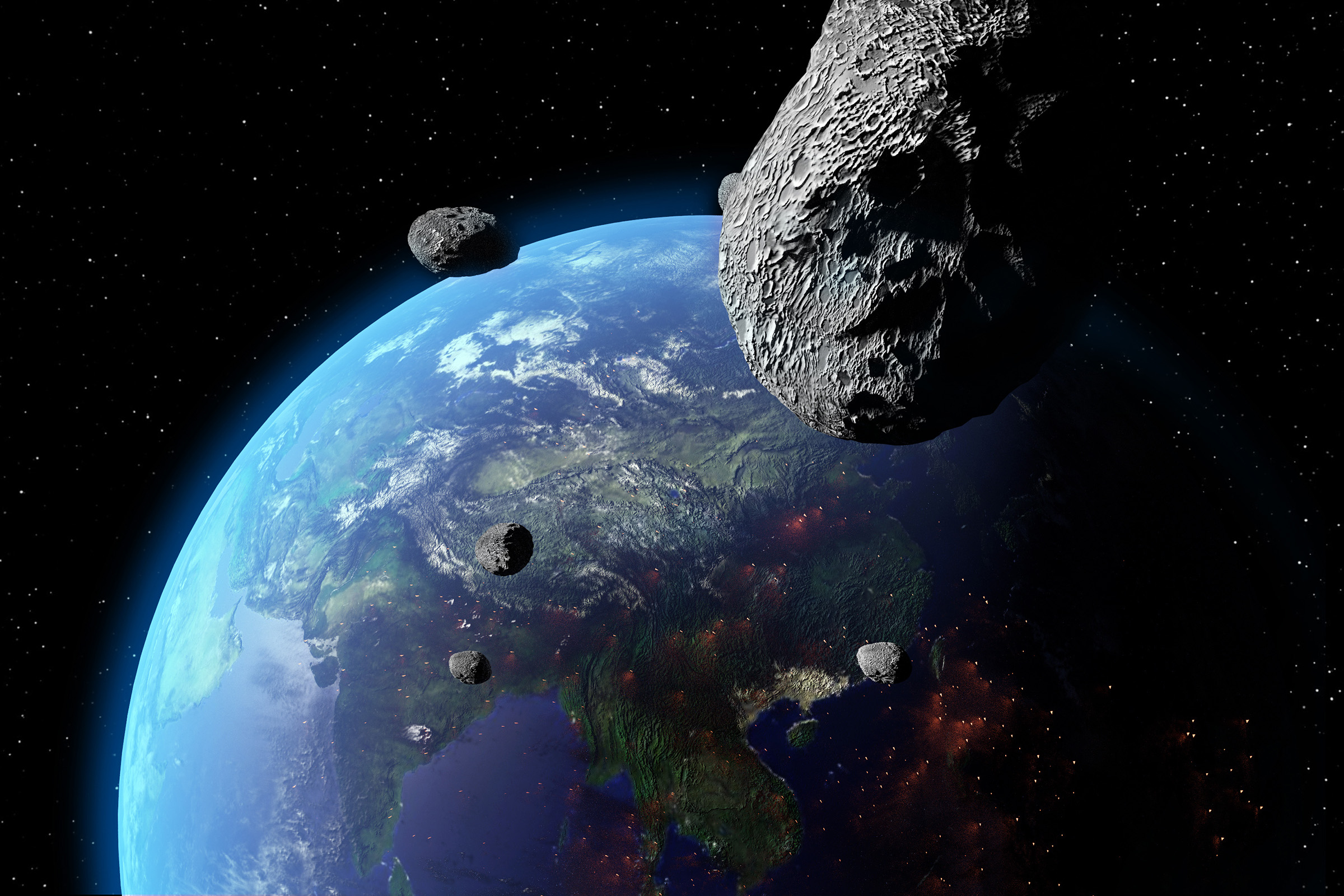Valentine’s day 2046 could have quite the attraction, according to a risk list that is managed by the European Space Agency’s Near Earth Objects Coordination Center. That’s because a newly discovered asteroid has a small chance of colliding with Earth that day. The asteroid, 2023DW, has a 1-in-625 chance of impacting our planet.
While a 1-in-625 chance doesn’t seem likely, astronomers consider it a relativity high risk of impact. But there is a lot we don’t know about this newly discovered asteroid – like a more precise measurement of its size. Astronomers believe the asteroid is around the size of an Olympic pool, roughly 50 meters (164 feet) long. If an asteroid that size collided with Earth, it would cause some damage.
However, the asteroid’s exact shape is unknown, and with the possible impact date being so far away, it’s likely that better calculations of its orbit could see it passing closely to Earth instead of impacting it. Still, it’s good to know that astronomers are watching these things, especially with planet-killer asteroids capable of colliding with Earth and destroying civilization lurking out there.
The possibility of its orbiting being better calculated is very high. During the first few weeks after scientists discover a new object, calculations and observations are run to help narrow down information about the object. In this case, scientists are working to determine how big the asteroid is, whether its orbit will cause it to collide with Earth, or if it will pass safely past us.

It can often take several weeks to collect the full sweep of data. And, even then, it’s likely that additional observations will yield more data. In the case of 2023DW, the asteroid isn’t big enough to collide with Earth and cause catastrophic damage. If it were, NASA or other agencies could use systems like the DART spacecraft to change the orbit slightly, stopping the asteroid from colliding with Earth.








